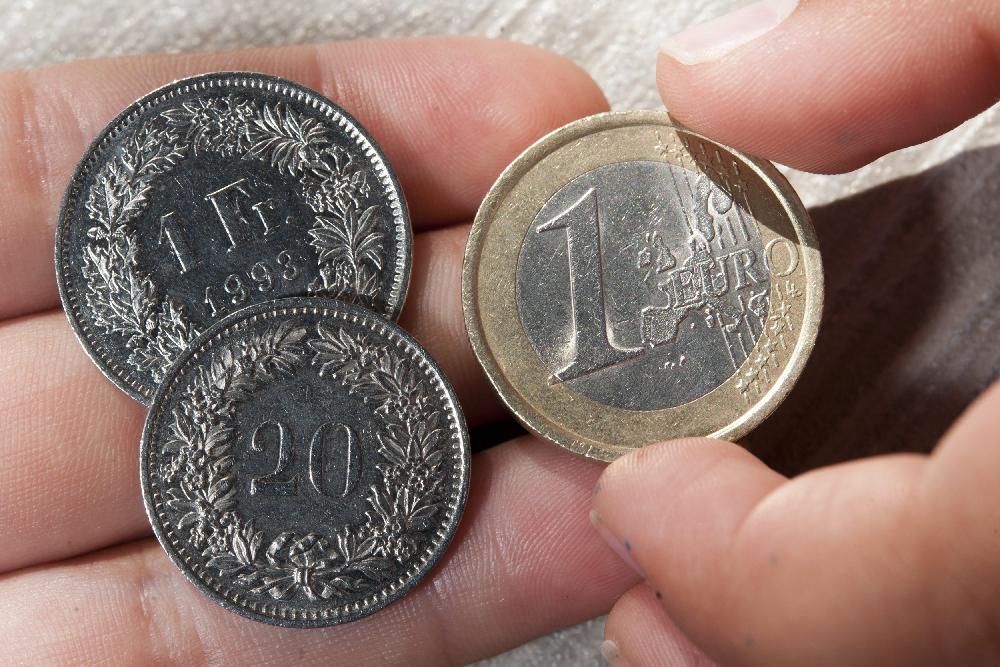
The Franc Association, founded by Slovenian loan borrowers, has hired graphologists, who concluded that the signatures on statements of exposure to foreign exchange risk had almost certainly been forged. The suspicion arose when a few borrowers turned to the association claiming they had not signed any such statements before taking the loan, although the bank claims they have.
Based on a handwriting analysis which showed that the signature from a female borrower of a loan in Swiss francs almost definitely had been forged, her lawyer wrote and filed the first criminal complaint with the police. The lawyer, Robert Preininger, explains: “It must be determined how many cases of signature forging have occurred and also if such instructions had been given to bank employees by the management and supervisory boards of the banks.”
TV Slovenija has learnt that the charges have been filed against the Hypo bank.
The Slovene Consumers’ Association urges the people who suspect their signatures had been forged to file charges with the police immediately, as well as report it to the Bank of Slovenia.
The Bank of Slovenia has already issued a statement. Due to reports in the media, surveillance has already been ordered for the Hypo and Raiffeisen banks, but appropriate measures against the two can only be taken once the alleged criminal acts are proven. “The Bank of Slovenia can take measures against the bank’s management by taking away the license and demanding the bank to take measure against the responsible employees, in conformity with the labour laws and the penal code,” argues Vice-governor Maja Festić.
The Franc Association has announced new criminal complaints to be filed soon. The maximum penalty for the forging of documents is a two-year prison sentence; legal entities must pay a fine of half a million euros.
Eva Uranjek, TV Slovenija; translated by K. Z.

































































